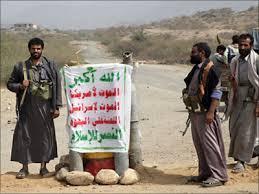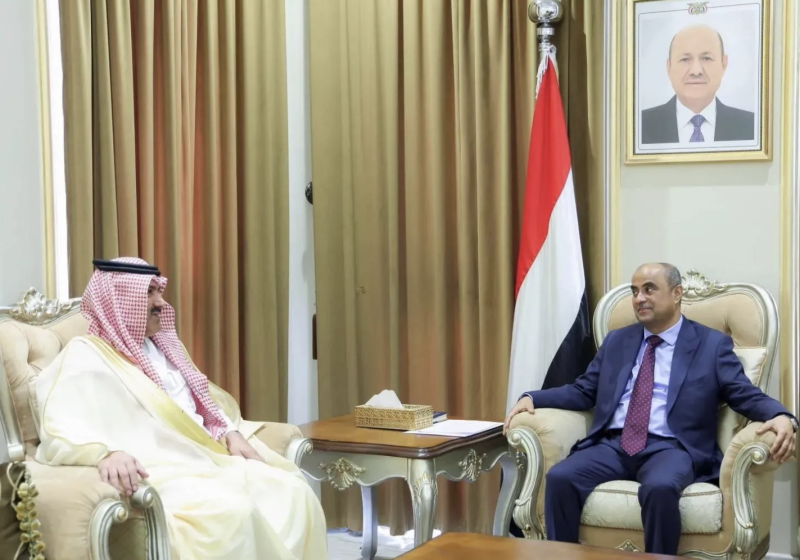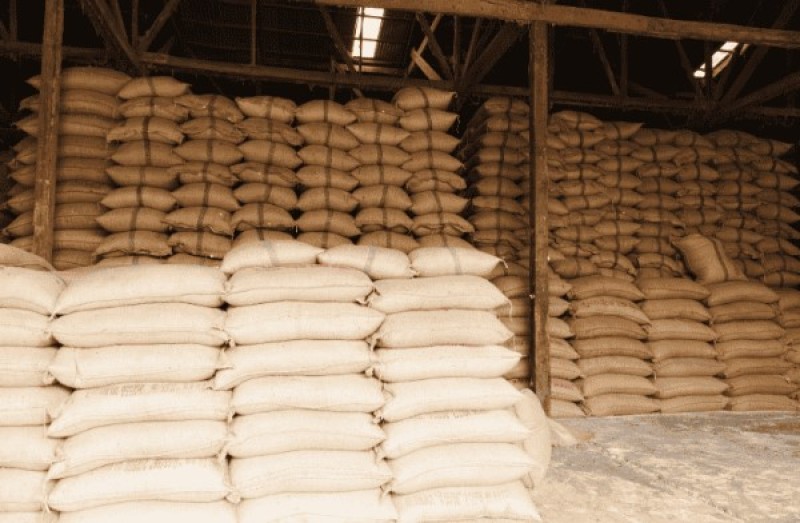Thanks to American Help, Yemen’s Commandos Aren’t Half Bad


On Dec. 5, American and Yemeni commandos launched a risky mission to rescue American journalist Luke Somers and South African humanitarian Pierre Korkie from the Al Qaeda in the Arabian Peninsula terror group. Militants had abducted Korkie as he traveled in the small nation’s second city of Taiz last year. They grabbed Somers in the capital Sana’a.
As special operators approached the compound in central Yemen where the terrorists were holding the two hostages, someone sounded an alarm. In the ensuing gunfight, the militants killed Somers and Korkie.
While its outcome was tragic, the operation is a window into years of close cooperation between the U.S. military and Yemen’s own troops. “This strategy of taking out terrorists who threaten us, while supporting partners on the front lines, is one that we have successfully pursued in Yemen,” Pres. Barack Obama told reporters in September.
The Pentagon declines to comment directly on the assistance it provides to Yemeni forces. But official reports reveal that the Pentagon has invested considerable resources training the country’s elite commandos.
We don’t know which Yemeni units participated in the abortive Dec. 5 raid. “This operation was undertaken with assistance from the government of Yemen,” was all the Pentagon would say.
But according to the country’s official Saba news agency, the mission was “carried out by Yemeni counterterrorism forces in coordination with U.S. forces.”
The troops in question might have been from the Yemeni special operations branch, which includes dedicated antiterrorism units—or from the Ministry of the Interior’s specialized Counter Terrorism Unit. The Pentagon refers to these units by the English acronyms YSOF and CTU, respectively.
Both of these elements have benefited from significant American aid over the years. Military personnel at the U.S. embassy in Sana’a, along with a small detachment of American special operators, manage the training programs and oversee deliveries of military equipment.
For the past five years, the Pentagon has paid special attention to developing Yemen’s elite commandos.
In late 2009, American commanders reported that YSOF was incapable of performing its mission—and was perhaps even dangerously ineffective, according to official documents we obtained through the Freedom of Information Act.
“Yemen’s special forces’ inability to conduct precision counterterrorism operations operations allows Al Qaeda in the Arabian Peninsula to destabilize the region and both indirectly and directly harm U.S. interests,” one report warns.
Yemen’s weak forces might have allowed AQAP to get away with kidnapping foreigners like Somers and Korkie. As with many terrorist organizations, Al Qaeda’s regional affiliate in the Arabian Peninsula funds its activities in part through lucrative ransoms.
The Pentagon’s initial aid package to Yemen’s elite troops starting in 2009 included $34 million in vehicles, weapons, radios, night vision goggles and other gear, along with training courses.
The deliveries included some of the same equipment front-line American troops were using at the time—Humvees, M-4 carbines, M-240 machine guns, M-24 sniper rifles and M-203 grenade launchers.
The shipments also contained a number of unspecified “local vehicles for special operations missions.” Yemeni commandos may have used these cars or trucks to discreetly scout out compounds like the one in Shabwa province where the terrorists held Somers and Korkie.
The vehicles might also have been better than the heavy Humvees on the rough roads and trails in Yemen’s more remote regions. For similar reasons, the Pentagon had already sent hundreds of lighter pickup trucks to the country’s border guards, according to other reports we received through the same FOIA request.
In addition, the U.S. military aid program involved thousands of dollars in classes on human rights and “respect for legitimate civilian authority.”
Yemeni forces had been—and still are—guilty of human rights violations. Indeed, the Pentagon put on hold military shipments to both YSOF and the CTU following a political crisis in 2012.
When longtime president Ali Abdullah Saleh resigned amid popular protests that year, many military units remained loyal to the old administration. Yemen’s commandos had sought greater ties to Saleh’s powerful Presidential Guard, according to a diplomatic cable released by WikiLeaks.
The Presidential Guard was the best-paid unit in the country, had all the top gear and enjoyed significant influence over the country’s political institutions. The U.S. State Department apparently worried that Sana’a’s elite forces might launch a coup and return the ousted Saleh to power.
In the end, Washington waited more than a year before restarting military aid to Yemeni commandos. YSOF eventually got more guns, communications gear and even small boats, annual Pentagon reports explain.
But the Pentagon decided to keep shipments destined for the Interior Ministry’s elite troops in one central location until the country had completely overhauled its security forces.
In the meantime, Al Qaeda militants took advantage of the instability to regroup. Within a month of Washington’s decision to send more equipment to Yemen’s commandos, terrorists abducted Corkie. They kidnapped Somers in September 2013.
Seven months later, Sana’a’s elite units still seemed to be suffering from the pause in American support. In April, Yemeni authorities ask U.S. special operators to fly Yemen’s helicopters—which Washington had also paid to upgrade and keep flying—during a challenging nighttime raid, CNN reported.
Despite these continuing problems, the Pentagon seems to view the country’s commandos more highly than it did in early reports. These same Yemeni forces the Americans so strongly criticized in the past subsequently took part in two attempts to save Somers’ life.
“This is a difficult fight,” Secretary of Defense Chuck Hagel told reporters at press conference on Dec. 8. “It’s difficult for the government of Yemen. It’s a dangerous area. This too is going to [be] a long-term effort.”
Joseph Trevithick - Medium.com

The International Monetary Fund (IMF) has revealed that the latest Saudi financial package of $368 million to support Yemen’s budget and the…

Aden ــ Yemen is facing an imminent economic collapse, with public debt now exceeding 100% of the country’s gross domestic product (GDP), acc…

Aden — A major shipment of 7,000 tons of wheat flour departed from Port Tawfiq, one of Egypt’s key Red Sea ports, bound for Yemen, wher…